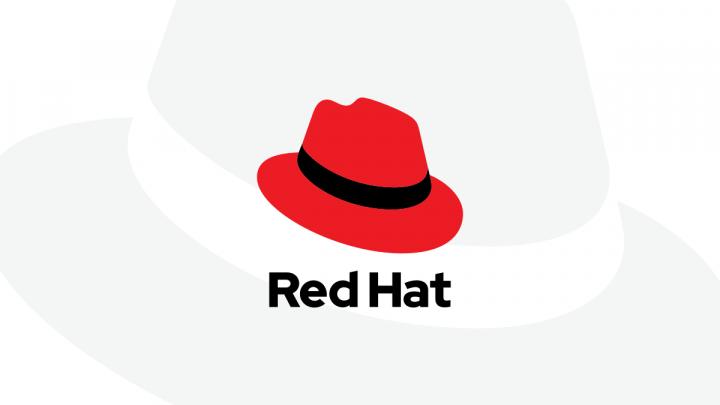Red Hat has announced the availability of Red Hat Enterprise Linux 9.2.
Red Hat Delivers Latest Releases of Red Hat Enterprise Linux
Red Hat Enterprise Linux 9.2 is now generally available; Red Hat Enterprise Linux 8.8 will be available soon.
Red Hat, Inc., the world's leading provider of open source solutions, today announced the general availability of Red Hat Enterprise Linux 9.2 and the forthcoming availability of Red Hat Enterprise Linux 8.8. These new releases further Red Hat’s efforts to simplify and streamline complex Linux platform tasks across the hybrid cloud, from datacenters to public clouds to edge deployments, helping IT teams to better overcome staffing and skill shortages and improve efficiency in critical infrastructure areas.
Red Hat Enterprise Linux 9.2 and 8.8 continue to expand the capabilities of system roles, Red Hat Enterprise Linux-specific Ansible content that helps bring greater consistency and efficiency at scale by automating common administrative tasks. This means that a number of common Linux roles, from Microsoft SQL Server to virtual private networks (VPNs), can be readily configured, credentialed and deployed with rudimentary Linux knowledge. System roles also help future-proof deployments by making upgrades less disruptive, as the automated nature makes it easier to reconfigure any of these functions.The latest releases extend these roles with the addition of the Red Hat Enterprise Linux system role for Podman, Red Hat’s tool for developing, managing and running containers on Linux platforms. Creating a Podman instance normally requires knowledge of the command line, but this system role enables administrators to automate configurations that fit their specific environments. This includes the ability to deploy pre-integrated, production-ready container workloads across Red Hat Enterprise Linux hosts, helping Linux admins extend their skills to maintaining container infrastructure.
Additional Red Hat Enterprise Linux system roles updates include expanded capabilities around Microsoft SQL Server and Microsoft Active Directory. This includes the automation of SQL Server/Active Directory authentication, Always-On availability group support and support for SQL Server 2022.
Red Hat Delivers Latest Releases of Red Hat Enterprise Linux

